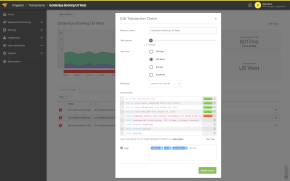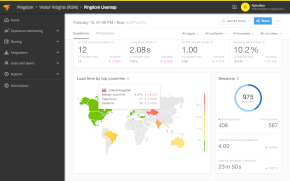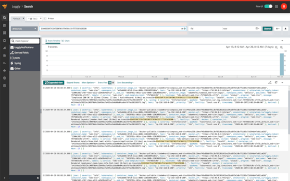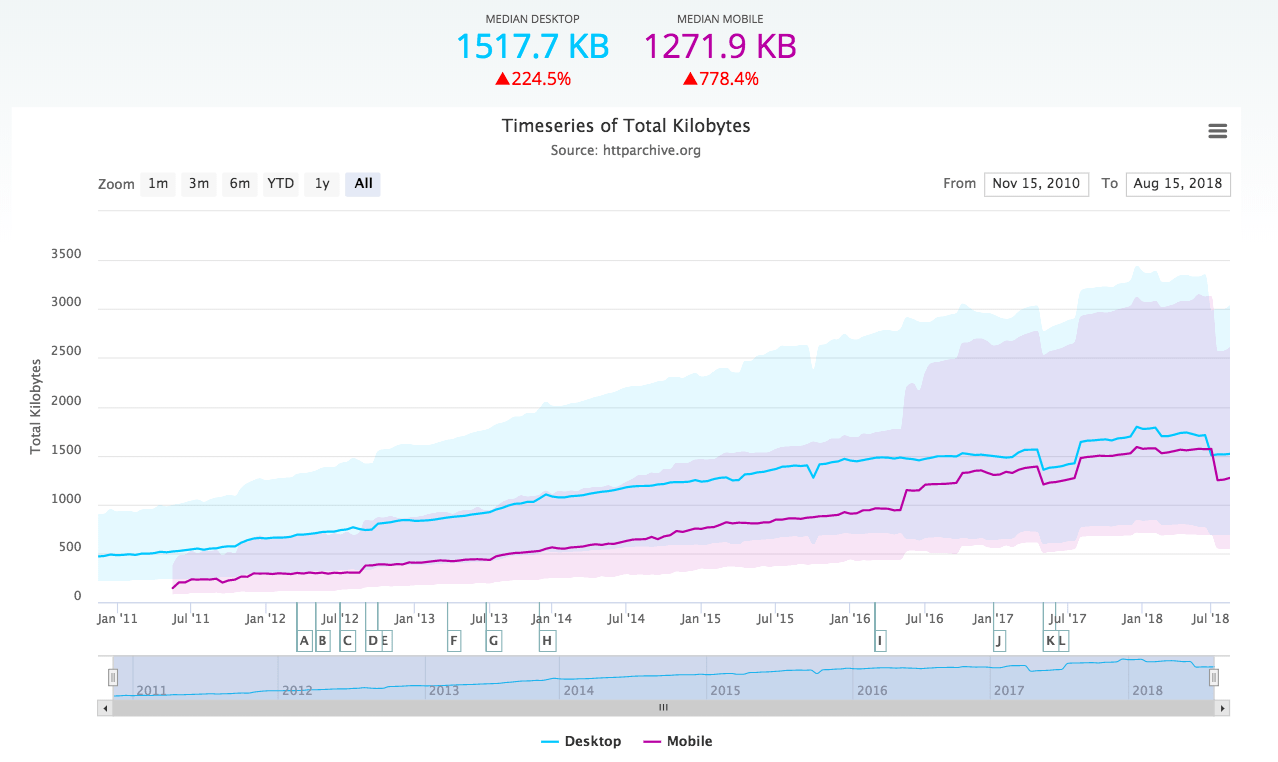Fueling additional revenue streams
Imagine an industrial machine that replaces the need for an on-site administrator with a smartphone app that keeps a technician apprised of problems, but frees him or her up to focus on other tasks. And what about replenishment service that delivers refills automatically based on machine status instead of requiring human intervention?
Industrial equipment can be offered on a pay-per-use basis similar to the software as a service model in IT. The emerging concept known as product as a service transforms service from a standalone function within a manufacturer to an integrated product and service offering that delivers value as the product is in use. This helps customers reduce up-front capital expenditures while affording the manufacturer a continuous service revenue stream and an opportunity to stay closely aligned with the customer.
Sensor-based products for remote diagnostics
Product as a service starts with sensor-based products that continuously feed information about product usage and condition to manufacturers, who can then leverage the data for a variety of purposes, for example understanding when a component might break, which allows a manufacturer to ship a replacement part ahead of time and help the customer avoid costly downtime.
According to Wikipedia, smart products provide the following characteristics:
- Situated: recognition and processing of situational and community contexts
- Personalized: tailoring to buyer’s and consumer’s needs and affects
- Adaptive: change according to buyer’s and consumer’s responses and tasks
- Pro-active: attempt to anticipate buyer’s and consumer’s plans and intentions
- Business aware: considering business and legal constraints
- Location aware: considering functional performing and restricted location choice
- Network capable: ability to communicate and bundle (product bundling) with another product (business) or product sets
New service-oriented business models
Manufacturers need to discover better ways to connect and engage with a customer base that has higher expectations for service and support, but is less loyal, given the breadth of global options. Product as a service could create a much more efficient and effective customer experience. The rise of cloud computing and big data analytics now make it possible for manufacturers to process and analyze large amounts of data, which is an essential element for delivering product as a service.
IDC Manufacturing Insights estimates that 40% of Top 100 discrete manufacturers and 20% of Top 100 process manufacturers will provide product as service platforms by 2018.
This is an opportunity for manufacturers to create new business models that shift focus from standalone products to service-based offerings.
























